Resources
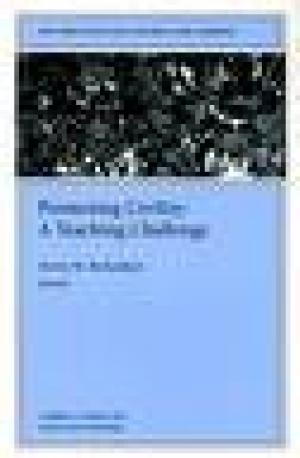
If we take a passive view of classroom behavior, we fail in a crucial part of our role as educators: creating a democratic and effective learning environment for a diverse student body. (From the Publisher)
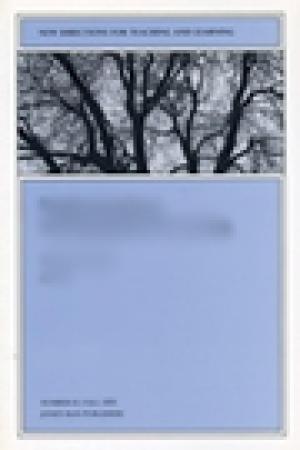
This volume in the New Directions for Teaching and Learning Series offers faculty writings on academic advising as a form of teaching. The issue examines several facets of advising including the university's role in supporting advising as an educational tool, faculty advisors as mentors, the relationship between advising and student assessment, and suggestions for faculty who want to improve their mastery of advising. Advising in specific academic areas such as humanities, sciences, and social sciences are included. Also, the volume includes a discussion of the unique advising needs of specialized student groups such as honor students, first year students, and members of ethnic or cultural minorities. (From the Publisher)
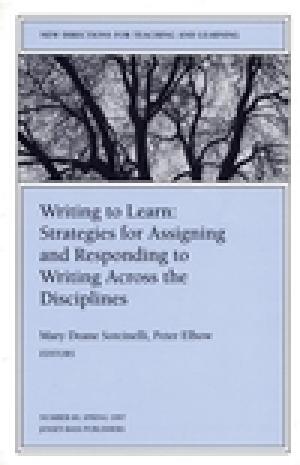
This volume provides instructors who teach writing with an array of strategies and philosophies about the way writing is learned, both in the context of a discipline and as an independent skill. Focusing primarily on the best ways to give feedback about written work, the authors describe a host of alternatives that have a solid foundation in research. This is the 69th issue of the journal New Directions for Teaching and Learning. (From the Publisher)
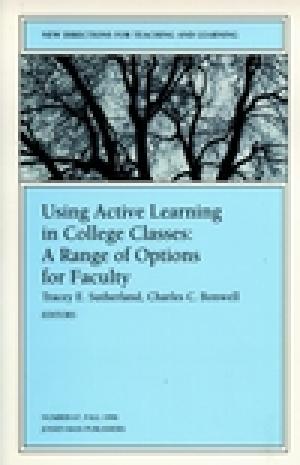
In this volume the authors take a second look at the use of active learning in higher education. The chapters describe the concept of the active learning continuum and tie various practical examples of active learning to that concept. They illustrate how important it is to consider context in the design of active learning to get maximum benefit. This is the 67th issue of the journal New Directions for Teaching and Learning. (From the Publisher)

It has been suggested that the greatest educational reform will come not through the sweeping changes of large institutionally mandated programs but through the small, day-to-day improvements that faculty members make in their own courses. The faculty is the first line of revolution in teaching; without their cooperation, no change is possible; with it, no challenge is impossible. This volume provides some insights into how individual instructors can make interesting changes in their classes and in their approaches to teaching in general. (From the Publisher)
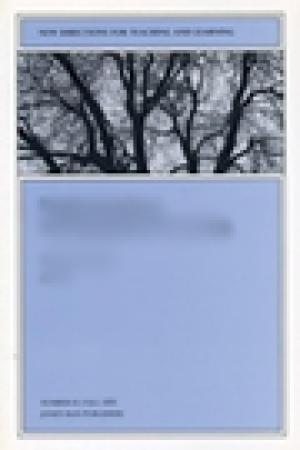
New instructional programs and services involving technology are being established which have significant implications for the way teaching and learning will be conducted in the future. This volume contains 10 papers which examine some of the current trends in instructional technology in higher education and discuss implications for teaching and learning in the postsecondary setting. (From the Publisher)
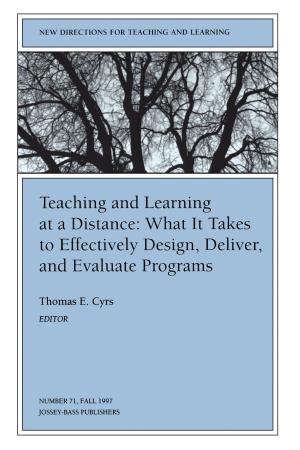
Teaching and learning at a distance is an area of education that is growing rapidly alongside the technology that makes it possible. But success in this area requires more than advanced technology; it requires skillful instructors, well-designed courses, and students ready to learn from the format. This issue of New Directions for Teaching and Learning provides insights from experienced practitioners into what is needed to make teaching and learning at a distance successful for everyone involved. This is the 71st issue of the quarterly journal New Directions for Teaching and Learning. (From the Publisher)
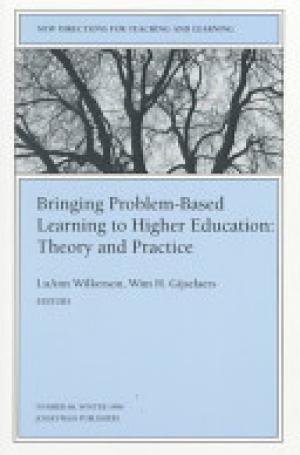
Problem-based learning has become a widespread teaching methodology in disciplines where students must learn to apply knowledge, not just acquire it. This volume describes the basics of the method, along with the variables that affect its success. The chapters provide examples of its application in a wide range of disciplines, including medicine, business, education, engineering, mathematics, and the sciences. The authors make a persuasive argument that professional fields as well as academic fields would find much to recommend PBL as a standard teaching method. This is the 68th issue of New Directions for Teaching and Learning. (From the Publisher)
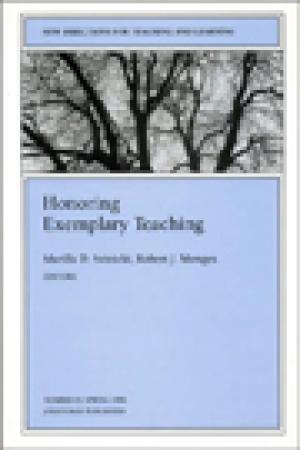
Many colleges and universities are attempting to increase the recognition they give to those faculty who go beyond mere competence and truly represent the best teaching higher education has to offer. What is the promise of programs to honor exemplary teaching? What pitfalls must they avoid? This issue of New Directions for Teaching and Learning describes programs in a variety of settings and with varying purposes. It reviews research relevant to selection criteria, and it offers guidelines for planning and implementing the kinds of programs most likely to be effective. This is the 65th issue of the journal New Directions for Teaching and Learning. For more information on the series, please see the Journals and Periodicals page. (From the Publisher)
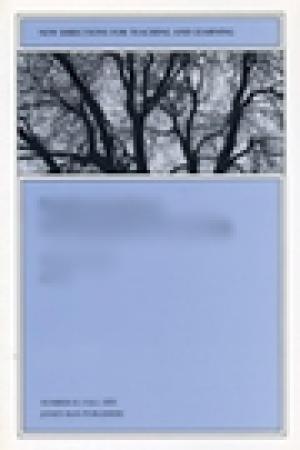
This volume focuses on the ethical dimensions of teaching, bringing fresh insights and perspectives to inform ongoing discussions of ethics among faculty colleagues, administrators, and students. From these chapters emerges a dominant principle: responsibility to students is directly related to understanding of one's ethical self, and the first step in establishing that ethical identity is self-reflection. By teaching ethically, faculty members model and advocate appropriate behavior to students in a voice more effective than any proclamation. They also answer calls for accountability from the public, the press, and politicians. In all, teaching ethically requires transformations of structures, attitudes, and persons--faculty as well as students--if faculty are to meet fully their responsibilities to themselves, to their students, and to society. This is the 66th issue of New Directions for Teaching and Learning. For more information on the series, please see the Journals and Periodicals page. (From the Publisher)